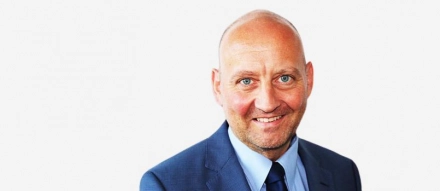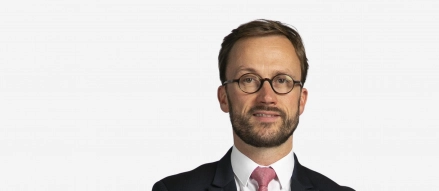
Event recap: what’s driving safe and sustainable change in mobility?
Event recap: safe & sustainable change in mobility
The Covid-19 pandemic has put much of what we do on a daily basis into perspective. Restrictions and social distancing have led many of us to change how we work, shop and communicate. The world of mobility is no exception: Covid-19 has led to a fundamental rethink in how we travel and how businesses can make mobility more sustainable.
This rethink includes businesses and consumers considering how to reduce their professional and personal carbon footprints. But it’s no easy task, while fewer daily commutes have resulted in cleaner air quality and reduced water pollution, increased demand on deliveries has led to more freight and logistics activity – key drivers of emissions in the mobility context.
Building on the insights shared in series 1 of Reinventing the wheel, Mazars recently gathered experts from across the mobility spectrum to discuss how companies, governments, entrepreneurs and others can offer safer, more sustainable mobility options in the wake of Covid-19.
Read series 1 of Reinventing the wheel here
For Matthieu Auzanneau, Executive Director, The Shift Project, progress on decarbonisation demands a systematic approach, saying it will take much more than just having people switch from a petrol to an electric car. Mobility players, according to him, need to aim higher than simple legislation and seemingly straightforward solutions like technology. Instead ‘a coherent, bold assembly plan’ needs to be established.
His call for a comprehensive plan was echoed by Remco Schoonderwoerd, Global Sector Leader Transport and Logistics and Partner, Mazars. “It all starts with people and leaders who should care about this,” he said. That interest must then be converted into a plan that includes green investments, increased awareness of transport’s environmental impact and changes in behaviour.
Long-term contracts for long-term change
A lesser-cited but important part of this puzzle, according to Schoonderwoerd, is the role that clients can play. “Transport and logistics is a diverse sector but all players have something in common… wanting to see carbon emissions go down.” As investment in green infrastructure is expensive, he advised clients to include green criteria in procurement policies and engage their providers in long-term contacts to reassure them that any investment is worth making.
Speaking from China, Jean-Francois Salzmann, Mazars’ Managing Partner for Mainland China, spoke about how the country is ‘well-advanced in terms of clean mobility.’ He said, “The level of regulation [in China] on traditional cars is very high. We have the largest electric vehicle market, with 1.2 million vehicles sold every year – mainly plug in cars, the cleanest you can have.”
Future developments, he advised, would focus on how electricity is produced, in an effort to decrease carbon emissions at the source. And he was optimistic for the country’s next steps: “When you look at political speeches from 2020, the goal to have a clean China is clearly high on the agenda. According to policymakers… [the country will be] carbon neutral between 2050 and 2060.”
A global conversation with local nuances
Any political and business decisions must be made with social consequences in mind, warned Bongiwe Mbunge, Partner, Mazars. “What excites me is that this is a global conversation with local nuances… but in South Africa one thing is clear, we cannot achieve net-zero outside of parameters of social equity.”
In a country where a third of the population is between 18-34 and where unemployment can be as much as 30%, the sustainability conversation must address people’s economic needs, or it risks becoming ‘a conversation only for the privileged,’ she said.
While tax breaks and grants for sustainable action have been ‘encouraging’, Mbunge called for the conversation to be simplified and for the business case to be clarified: “If [sustainability is] understood as non-negotiable then we can create ways to work with others.”
Connect leadership, resources and demand
Freddie Talberg, CEO of EMSOL, is responsible for empowering organisations to make a lasting difference in reducing transport pollution. “We want to make sure we use innovation to drive the good guys – those that care and set standards through innovation,” he said. The key to driving sustainable change, for him, is to connect leadership and resources with the demands of younger generations, who will only accept goods and services if they’re green.
“We have to drive behavioural change faster,” said Talberg. “We need a sustainability person speaking directly to the CEO and build a culture in senior management… once they see it, they care and then they can come up with the solutions.”
Watch the first instalment of the Mazars ‘Reinventing the wheel’ events below. To find out more about what’s driving change in mobility, including sustainable solutions and the rise of mobility as a service, go here.
Reinventing the wheel: challenges and solutions for sustainable mobility in the 21st century
How has the pandemic slowed some trends in cleaner mobility while accelerating others? How are consumer expectations, disruptive technologies, and public policy driving the mobility sectors transformation towards greater resiliency and sustainability? What will it take for businesses in automotive, transport and logistics and airline industries to win in this new, post-Covid era for sustainable mobility?
Recorded on Tuesday, December 15, 2020 - 1:00 pm CET


